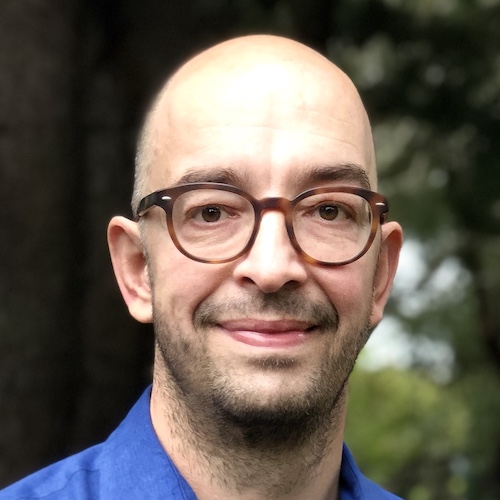Let’s work together to build a future without dementia.
Cognitive decline and dementia affect millions of people around the world.
people affected with dementia worldwide
0
m
Americans are living with Alzheimer's disease
0
m
is spent annually on care for Americans with dementia
$
0
b
Memory loss comes first.
Sensitive detection of memory changes is key to clinical trial success, early intervention, improving outcomes, and enhancing quality of life.
Augnition Labs offers innovative AI-powered digital assessment tools that enable rapid, reliable, and objective detection of memory decline years in advance.
Contact Us
For inquiries please contact us at info@augnitionlabs.com
Copyright © 2023 Augnition Labs, LLC.

